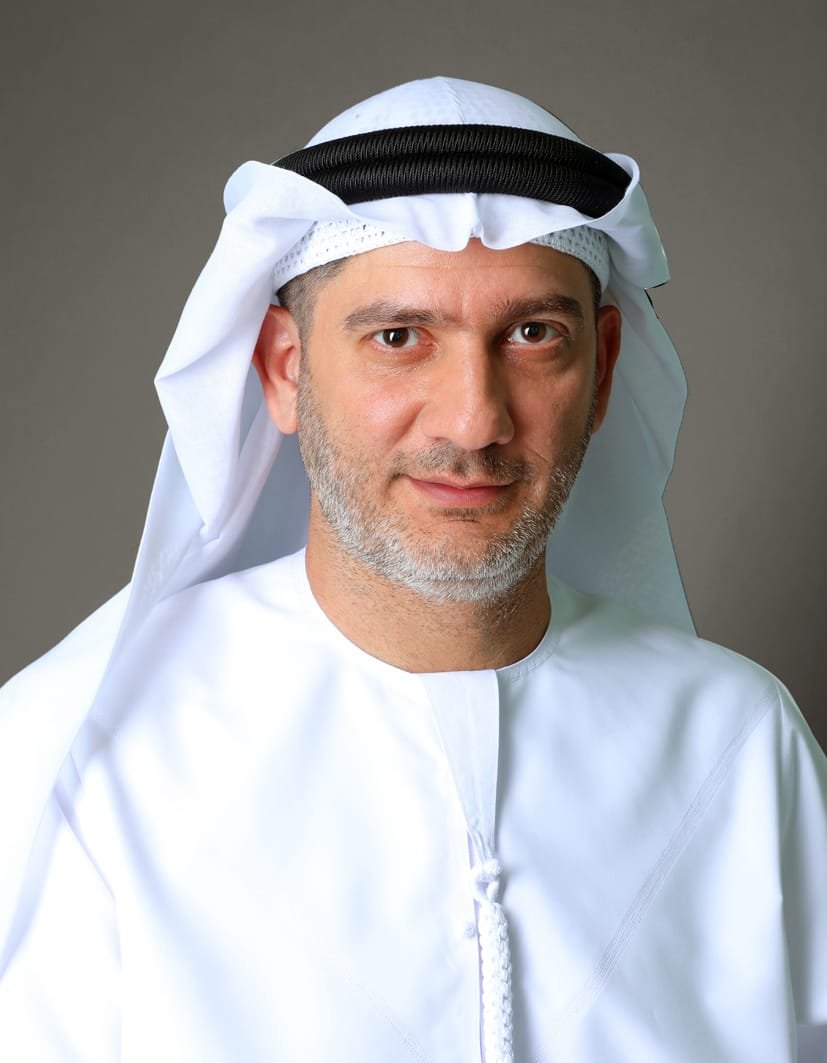Can AI Save the Planet OR Destroy It !!
In recent years, Artificial Intelligence (AI) has emerged as one of the most powerful tools shaping our modern world. From transforming industries to personalizing everyday experiences, its impact is undeniable. But one of the most intriguing and urgent frontiers is its intersection with the environment.
Is AI a game-changer in the fight against climate change? Or is it part of the problem? The answer lies somewhere in between. In this blog, we explore the opportunities and challenges at the heart of the deal between AI and the environment.
Opportunities: How AI Supports Environmental Sustainability
1. Climate Modeling and Prediction
AI helps climate scientists process vast amounts of data to improve predictions about weather patterns, sea-level rise, and extreme events. Machine learning models can now forecast disasters with greater accuracy, enabling faster, more effective response strategies.
2. Energy Efficiency and Smart Grids
AI can optimize power usage in real-time, reducing waste and lowering emissions. Smart grids powered by AI adjust electricity flow based on demand, integrating renewable sources like solar and wind more efficiently.
3. Wildlife and Ecosystem Monitoring
AI-driven drones, sensors, and satellite imaging are revolutionizing how we monitor biodiversity, illegal deforestation, and wildlife populations. These tools allow conservationists to act quickly when ecosystems are at risk.
4. Sustainable Agriculture
From detecting crop diseases early to optimizing water use, AI enables precision agriculture that boosts food production while reducing environmental harm.
5. Waste Management
Smart sorting systems use AI-powered robots and vision systems to identify, separate, and recycle materials more accurately, a key step in reducing landfill waste.
Challenges: The Hidden Environmental Cost of AI
1. High Energy Consumption
Training large AI models, especially deep learning algorithms, requires massive computing power. Data centers housing these systems consume vast amounts of electricity, often sourced from non-renewable energy.
For example, training a single large language model can emit as much CO₂ as five cars over their lifetimes.
2. E-Waste and Hardware Demand
The development of AI technologies relies on energy-intensive mining of rare earth metals and produces e-waste from short device lifespans, raising concerns about the ecological impact of hardware.
3. Algorithmic Bias in Environmental Decision-Making
When AI models are trained on biased or incomplete data, they may overlook marginalized communities or ecosystems that need protection, leading to inequitable environmental solutions.
4. Over-Reliance on Technology
There is a risk of placing too much faith in AI as a silver bullet, ignoring the importance of policy, behavior change, and grassroots efforts in sustainability.
The Balance: Responsible AI for the Planet
To truly harness AI’s power for good, it must be developed and deployed with environmental responsibility in mind:
- Use green data centers powered by renewable energy.
- design efficient algorithms that require less training time and computing power.
- Support open-source AI tools for climate researchers and NGOs.
- Encourage collaboration between technologists, environmentalists, and policymakers.
Final Thoughts: A Deal Worth Making, But With Conditions
AI offers incredible potential to accelerate our response to the climate crisis — from precision agriculture to smart energy use. But it also brings serious environmental and ethical risks that must be addressed proactively.
The deal between AI and the environment is not just about what machines can do for nature — it’s about how we choose to design, use, and regulate those machines. With the right approach, AI could become one of our greatest allies in building a truly sustainable future.
Small actions, like hitting the “share” button, can make a huge impact. Please share this article to help everyone to make a difference.
Share this Article / Page
Please share your thoughts with us about this blog by leaving your comment below

Founder of Estidaama Platform, is a passionate content creator focused on sustainability. Through Estidaama.com, he curates eco-friendly products and shares insights to inspire informed, value-driven purchasing decisions. Committed to thorough research, Basel helps his audience spend less time reviewing and more time enjoying a sustainable, eco-conscious lifestyle.


